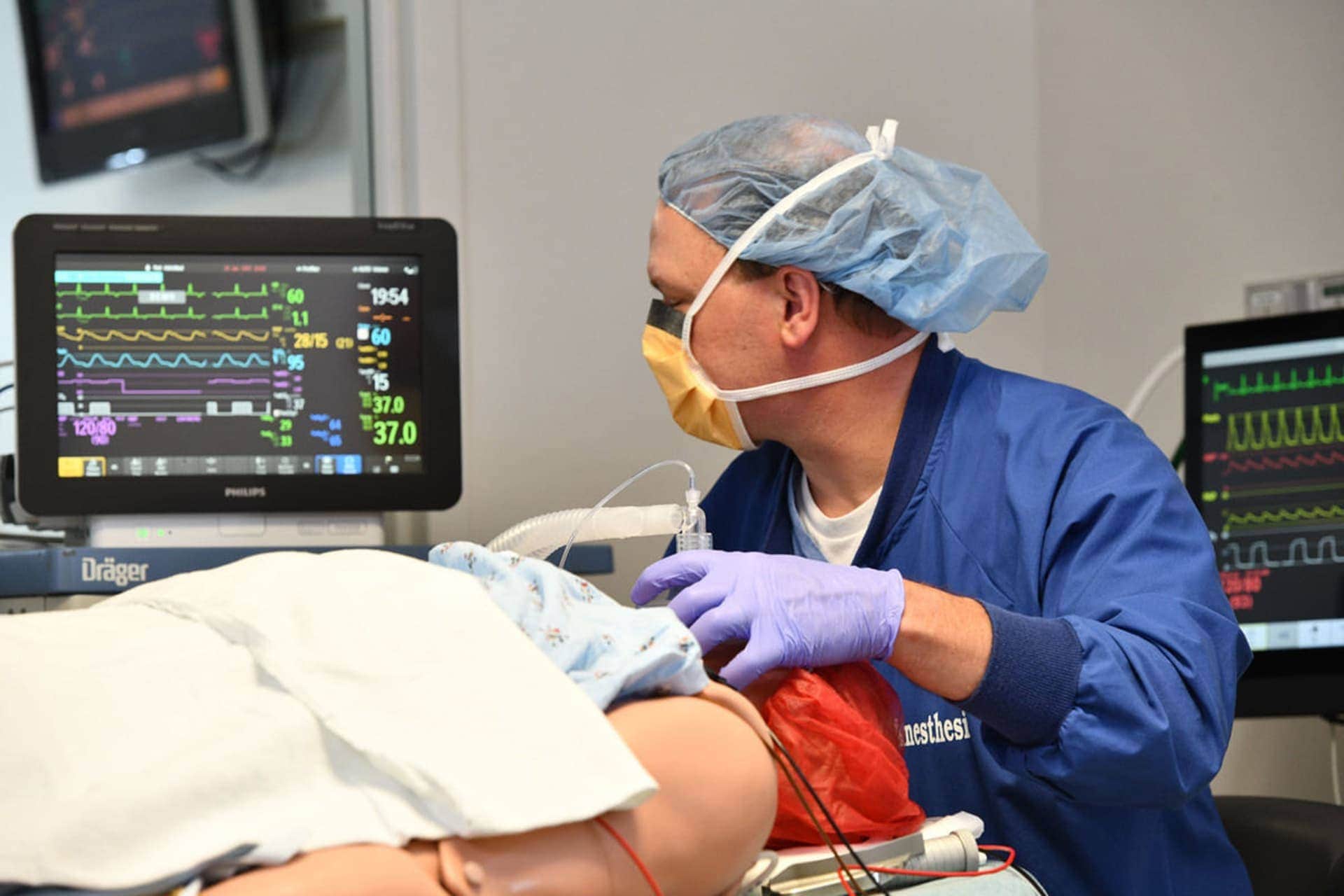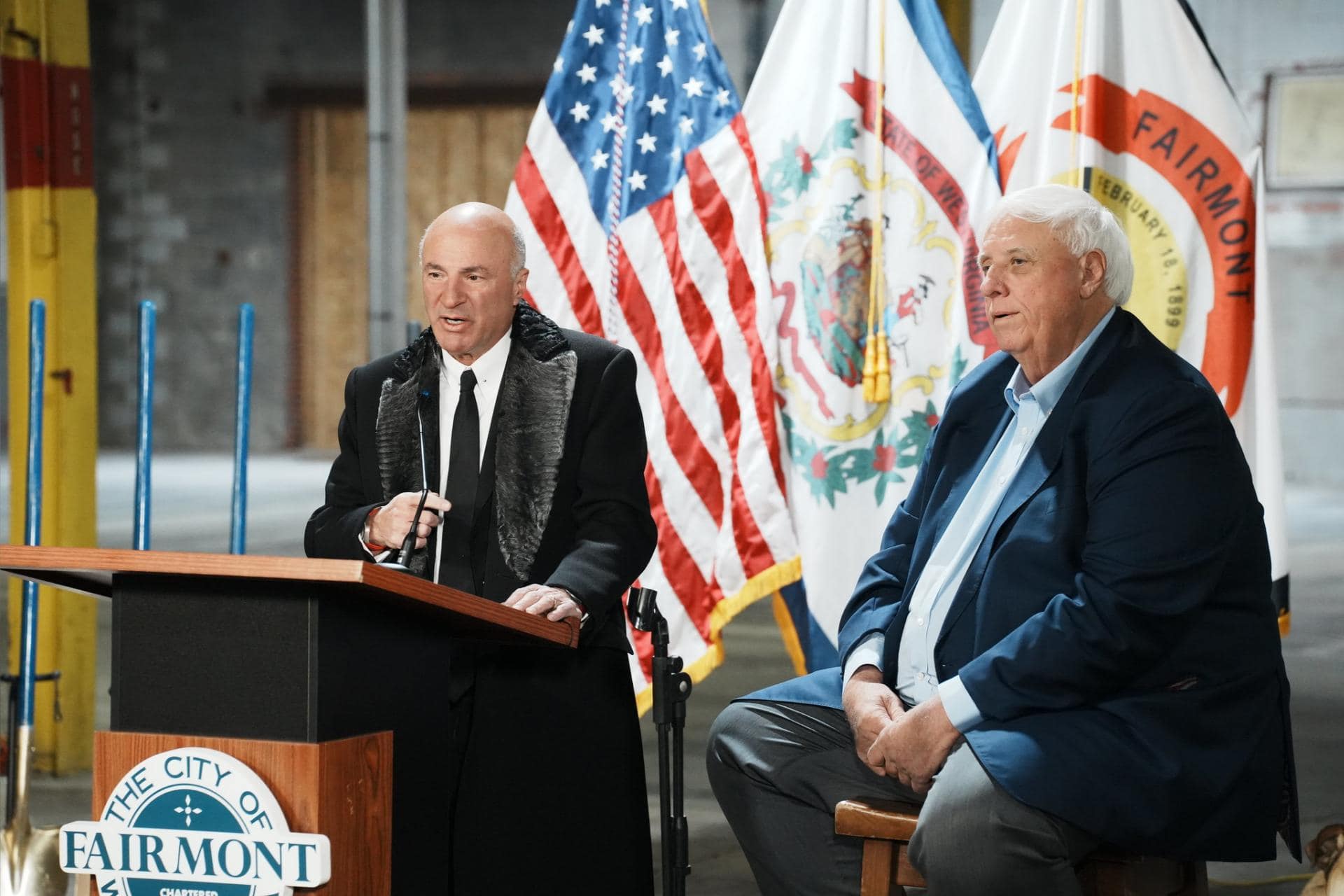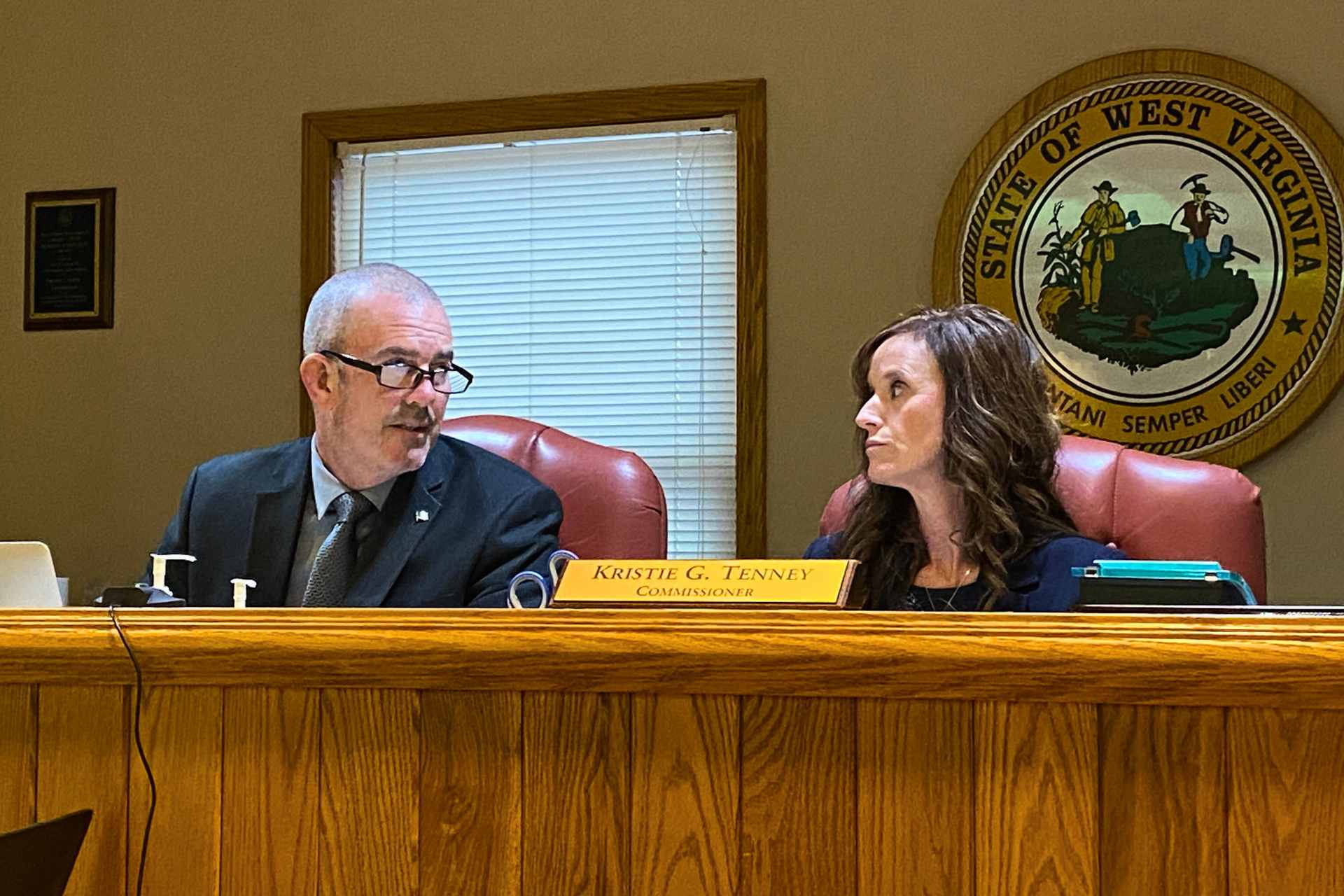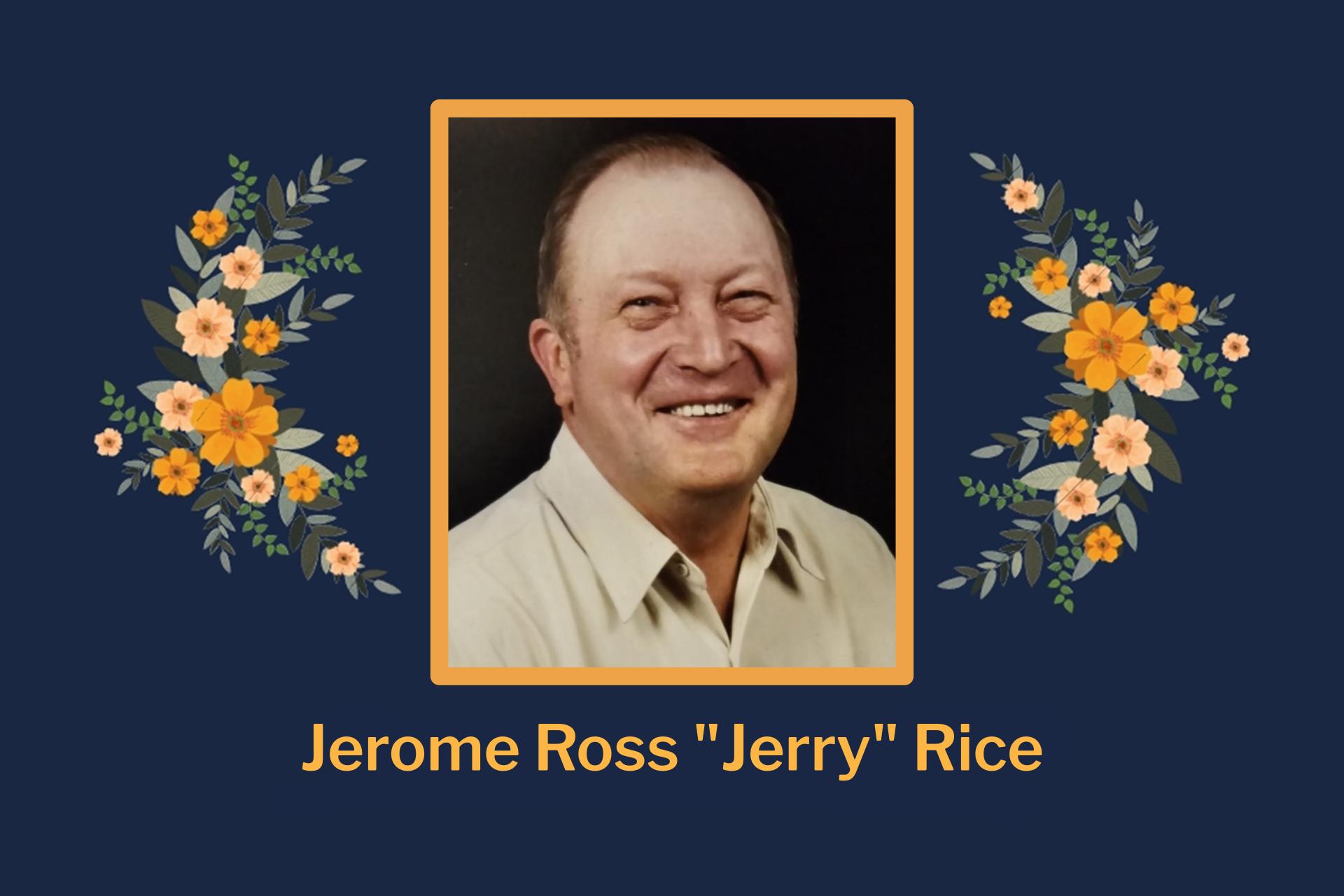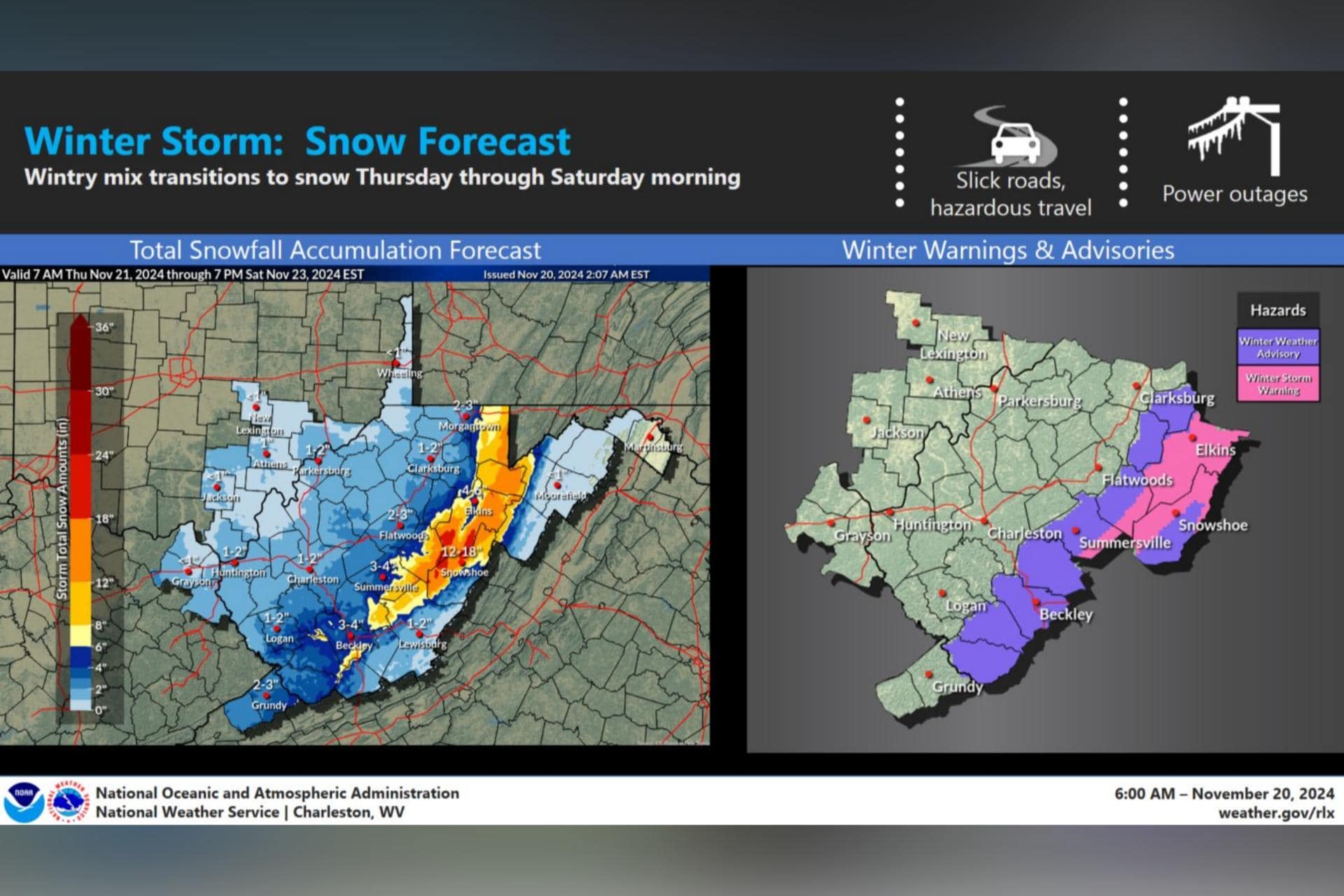Nurses who want to become nurse anesthetists can now work toward that degree through the WVU School of Nursing.
The WVU School of Nursing Doctor of Nursing Practice – Nurse Anesthetist program received its accreditation from the Council on Accreditation of Nurse Anesthesia Educational Programs. The program was made possible by a partnership between WVU, West Virginia University Hospitals and University Health Associates.
“We are grateful for our partnership with WVU Medicine and University Health Associates in order to make this program a reality,” said Tara Hulsey, vice president of Health Promotion and Wellness and Dean for the WVU School of Nursing. “The demand for anesthesia services will continue to increase significantly with our aging population, and it is our hope that if nurse anesthetists are trained in West Virginia, they will stay and practice in West Virginia.”
Nurses who enroll in the 88-credit, 36-month in-person program can expect a rigorous, challenging curriculum, heavily based in sciences including anatomy, physiology, pathophysiology, pharmacology, chemistry and physics. In addition to classroom instruction, students will be required to complete 2,000 hours of clinical hours before they graduate. The program will be offered on the Morgantown campus and begins January 2020 with 15 students.
Graduates will earn a DNP degree and be eligible to sit for the National Certification Exam, a board exam administered by the National Board of Certification and Recertification of Nurse Anesthetists. Candidate graduates who pass the Certification Exam become Certified Registered Nurse Anesthetists or CRNAs.
Students will have the opportunity to complete clinical hours not only in Morgantown, but at medical facilities throughout the state including Bridgeport, Parkersburg, Huntington, Beckley, Weston, Summersville, Ranson and Martinsburg.
Training the nurse anesthetists in West Virginia is also a benefit to rural communities. “Historically, CRNAs have been more likely to live and work in rural areas where access to healthcare is often limited,” said Hulsey. “By training CRNAs close to their homes, we increase the odds they will return to their communities, allowing our rural West Virginia partners to effectively serve their populations.”
The director of the DNP Nurse Anesthetist program is Dr. Aaron Ostrowski and the assistant director is Dr. Michael Frame. Both Ostrowski and Frame are practicing CRNAs.
